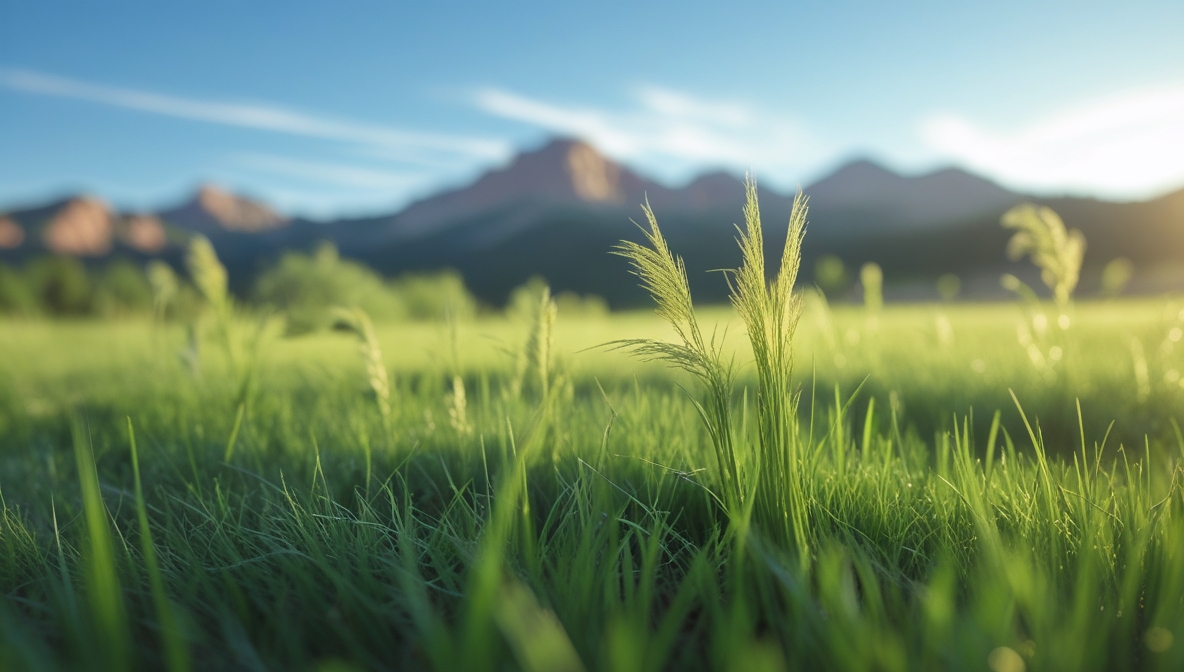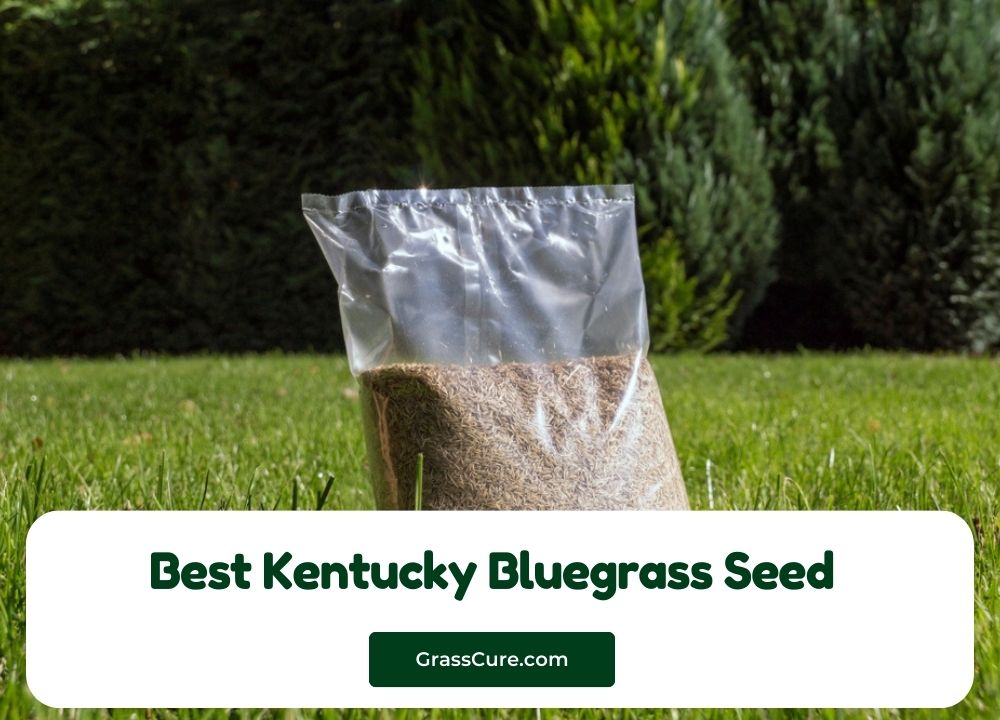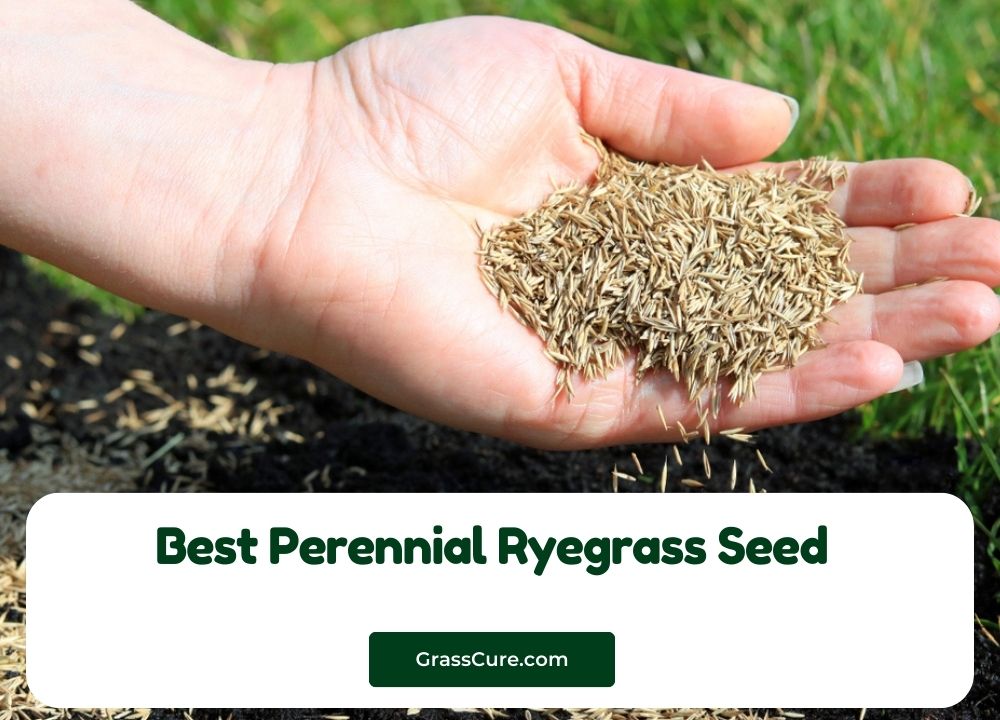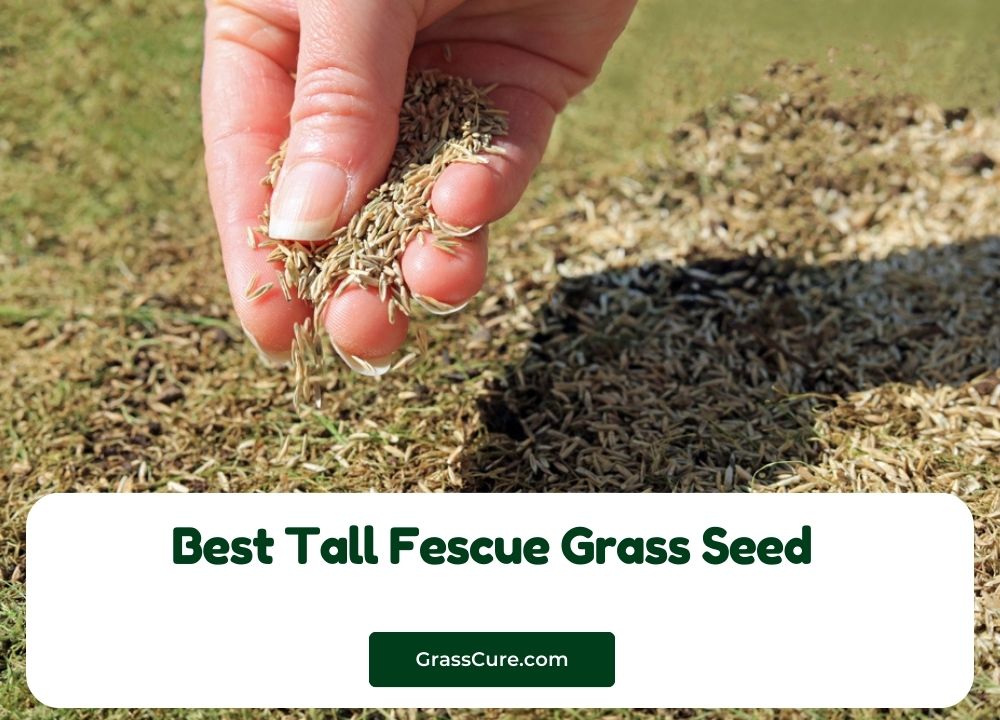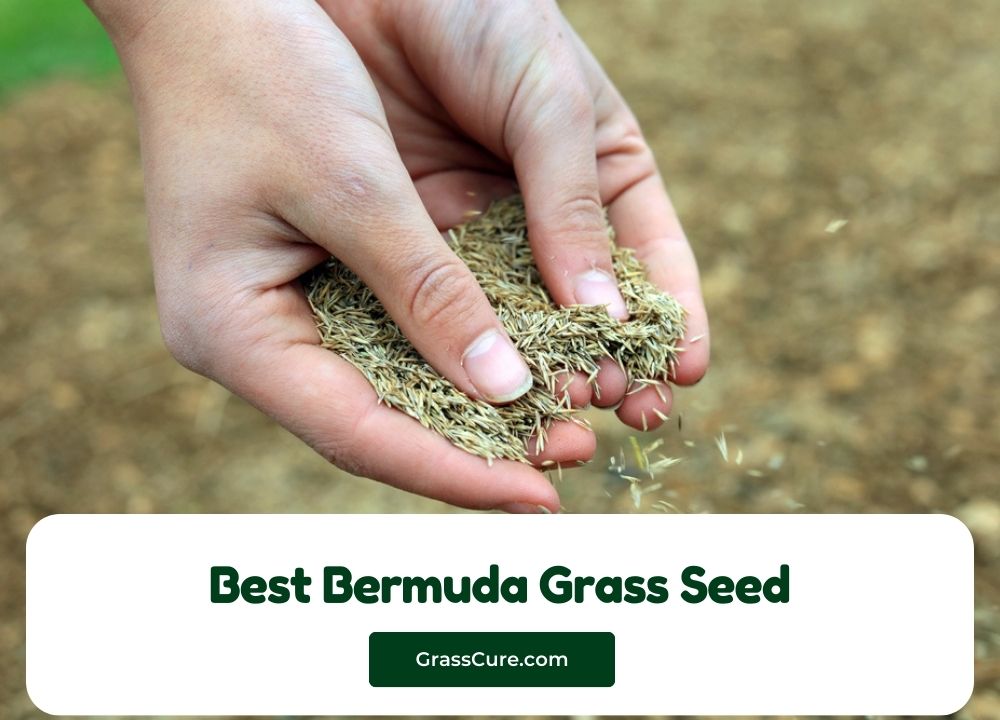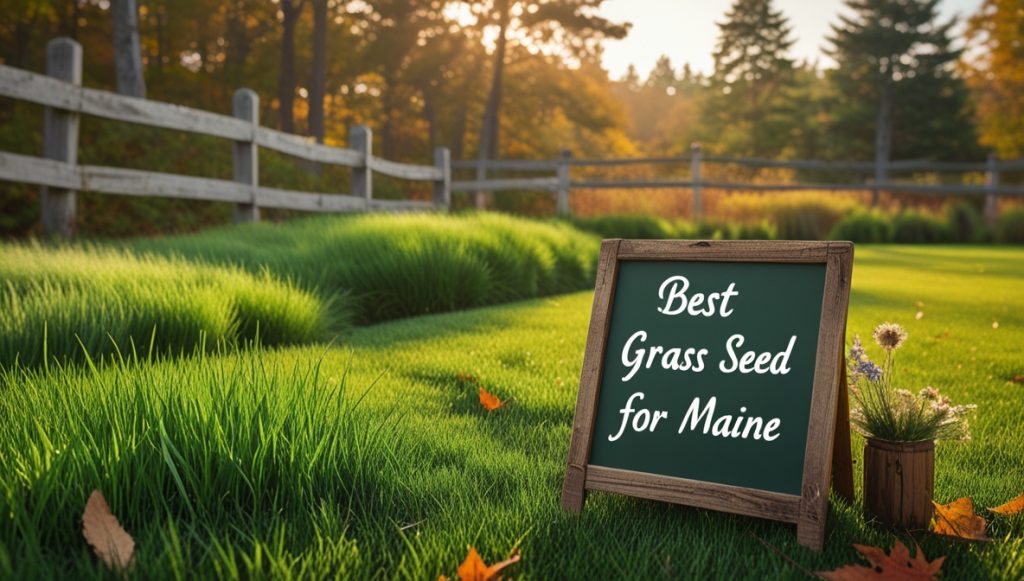Choosing the right grass seed can make or break your Colorado lawn. With its diverse climate and varied terrains, selecting the perfect variety requires understanding your specific conditions. This guide will help you navigate the options and create a lush, healthy lawn that thrives in the Centennial State. We’ll explore the best grass seed for Colorado, covering everything from climate considerations to soil preparation and ongoing maintenance.
Contents
- Choosing the Right Grass Seed for Colorado
- Understanding Colorado’s Diverse Climates
- Cool-Season Grasses: The Best Choices
- Warm-Season Options: Limited Applicability
- Key Factors: Sun, Soil, and Water Needs
- Popular Cool-Season Grass Varieties
- Evaluating Seed Quality and Purity
- Preparing Your Soil for Optimal Growth
- Sowing and Maintaining Your New Lawn
- Troubleshooting Common Grass Problems
Choosing the Right Grass Seed for Colorado
Selecting the appropriate grass seed is paramount for a successful Colorado lawn. The vast differences in altitude, sunlight exposure, and precipitation across the state necessitate careful consideration of your specific microclimate. Factors such as your lawn’s usage (high-traffic or low-traffic) and your personal preferences for maintenance also play a significant role in determining the ideal grass type. Ultimately, the best choice depends on a careful evaluation of your site’s conditions and your gardening goals.
This decision significantly impacts the longevity, appearance, and overall health of your lawn. Investing time in researching and selecting the right grass seed will save you time, money, and frustration in the long run. Poorly chosen seed often leads to patchy lawns, susceptibility to diseases, and increased maintenance requirements.
Understanding Colorado’s Diverse Climates
Colorado’s climate varies dramatically across its diverse landscapes. From the high-altitude mountains to the lower-elevation plains, the state experiences significant differences in temperature, rainfall, and sunlight. High-altitude regions often experience shorter growing seasons with cooler temperatures and more intense sunlight, while lower elevations may experience hotter summers and milder winters. This climatic diversity dictates the types of grasses that will thrive in different parts of the state.
Consequently, understanding your specific location’s climate is crucial before selecting grass seed. Consider factors like average annual rainfall, the length of your frost-free season, and the intensity of sunlight your lawn receives. This information will guide you towards grass varieties best suited to your unique environment. Local garden centers or agricultural extension offices can provide valuable climate data specific to your area.
Cool-Season Grasses: The Best Choices
For most of Colorado, cool-season grasses are the best option. These grasses thrive in cooler temperatures and moderate sunlight, making them well-suited to the state’s climate, especially at higher elevations. They generally require less water than warm-season grasses once established. Popular choices often exhibit excellent drought tolerance and recover well from periods of stress.
Furthermore, cool-season grasses typically have a longer growing season in Colorado’s climate compared to warm-season alternatives. They green up early in the spring and remain vibrant well into the fall, providing a longer period of aesthetic appeal. However, they may go dormant during the hottest summer months, appearing brown and less lush. This dormancy is a natural response to heat and is not indicative of a problem.
Warm-Season Options: Limited Applicability
Warm-season grasses, while suitable for some parts of the state, have limited applicability in Colorado. They prefer hot summers and struggle to survive the cold winters prevalent in many areas. Their growing season is significantly shorter than cool-season grasses, resulting in a less vibrant lawn for a shorter period. They require more water and are generally less drought-tolerant.
Therefore, unless you live in a very low-elevation, extremely hot area of Colorado with long, hot summers and mild winters, warm-season grasses are generally not recommended. The investment in these grasses is often not worthwhile given their limited success in the majority of the state’s diverse climate. Sticking to cool-season varieties is usually the most reliable and effective approach.
Key Factors: Sun, Soil, and Water Needs
Before selecting your grass seed, carefully assess your lawn’s sun exposure, soil type, and water availability. Full sun areas require drought-tolerant grasses, while shady areas benefit from varieties that tolerate lower light conditions. Well-drained soil is crucial for healthy root development, while clay soils may require amendments to improve drainage. Water availability dictates the level of drought tolerance needed in your chosen grass.
In short, understanding these three key factors allows for a more informed decision. Consider conducting a soil test to determine its pH and nutrient levels. This information will help you choose a grass type suited to your soil conditions and guide you in amending the soil to optimize growth. A soil test also helps determine if you need to add fertilizer to help your grass thrive.
Popular Cool-Season Grass Varieties
Several cool-season grasses perform exceptionally well in Colorado. Kentucky bluegrass is a popular choice, known for its fine texture and dense growth. Fine fescue blends offer excellent drought tolerance and shade tolerance, making them suitable for various conditions. Tall fescue is a hardy option that performs well in high-traffic areas. Each variety exhibits slightly different characteristics, impacting its ideal application.
The best choice often depends on a combination of factors such as your soil type, sun exposure, and desired level of maintenance. For instance, Kentucky bluegrass may require more frequent watering than fine fescue. Researching the specific needs of each variety will help you make an informed decision based on your unique circumstances and preferences. Consider consulting local landscaping professionals for advice tailored to your region.
Evaluating Seed Quality and Purity
High-quality grass seed is essential for a successful lawn. Look for seed with high germination rates (the percentage of seeds that will sprout) and purity levels (the percentage of the seed that is the desired grass variety). Reputable seed suppliers provide this information on their packaging. Avoid purchasing seed from unknown sources, as the quality and purity may be questionable.
Furthermore, check the seed’s date of packaging. Older seed may have a lower germination rate. Consider purchasing seed from a local supplier to ensure freshness and to get advice tailored to the local climate. Investing in high-quality seed is a worthwhile investment that contributes to a healthier and more resilient lawn in the long run. Don’t be tempted by the cheapest option; quality matters.
Preparing Your Soil for Optimal Growth
Proper soil preparation is crucial for successful grass establishment. Begin by removing any weeds, rocks, and debris from the area. Conduct a soil test to determine its pH and nutrient levels. Amend the soil as needed to improve drainage, fertility, and pH. This may involve adding compost, peat moss, or other soil amendments.
Next, till the soil to a depth of several inches to loosen it and improve aeration. This allows for better root penetration and water infiltration. Level the soil to create a smooth surface for seeding. Proper soil preparation ensures your grass seed has the best possible environment to germinate and grow into a healthy, thriving lawn.
Sowing and Maintaining Your New Lawn
Sow your grass seed according to the manufacturer’s instructions. This typically involves spreading the seed evenly over the prepared soil, lightly raking it in, and then watering gently. Maintain consistent moisture levels during germination and establishment. Avoid overwatering, as this can lead to fungal diseases.
Ongoing maintenance includes regular mowing, fertilization, and watering as needed. Mow at the appropriate height for your chosen grass type. Fertilize according to soil test recommendations and the grass’s specific needs. Proper watering helps maintain a healthy lawn, but avoid overwatering, especially during cooler months. Regular maintenance ensures a lush, healthy lawn for years to come.
Troubleshooting Common Grass Problems
Common grass problems in Colorado include diseases, weeds, and insect infestations. Proper identification is key to effective treatment. Many diseases are caused by overwatering or poor drainage. Weeds can be controlled through pre-emergent and post-emergent herbicides. Insect infestations may require the use of insecticides.
Always follow the instructions on any pesticides or herbicides carefully. Consider using integrated pest management techniques, which prioritize prevention and less toxic control methods. Regular lawn maintenance, including proper fertilization and watering, helps build a strong, disease-resistant lawn, minimizing the risk of problems.
Choosing the best grass seed for Colorado involves careful consideration of your specific location, climate, and soil conditions. By following the steps outlined in this guide, you can create a thriving lawn that enhances the beauty of your Colorado property. Remember that ongoing maintenance is key to a healthy and vibrant lawn.
